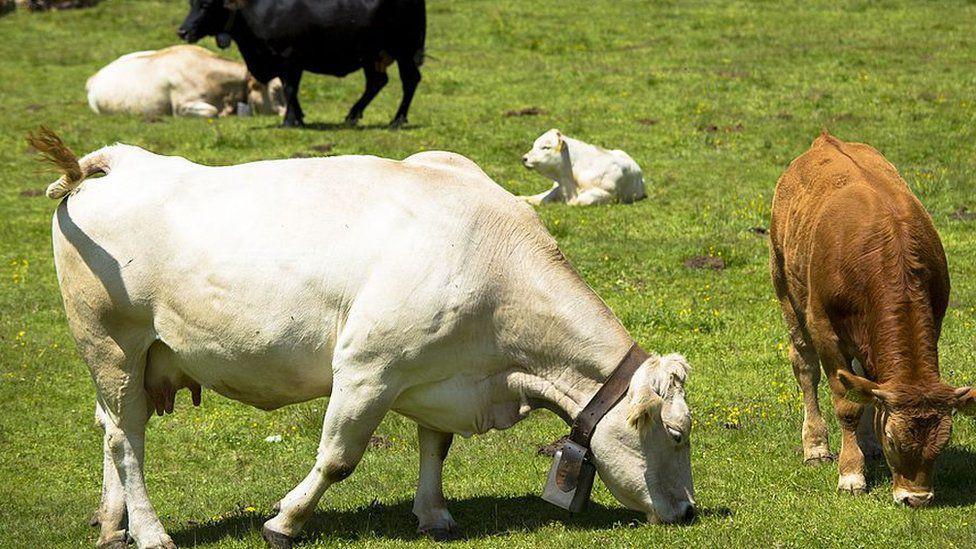Livestock farmers warned over bluetongue risk
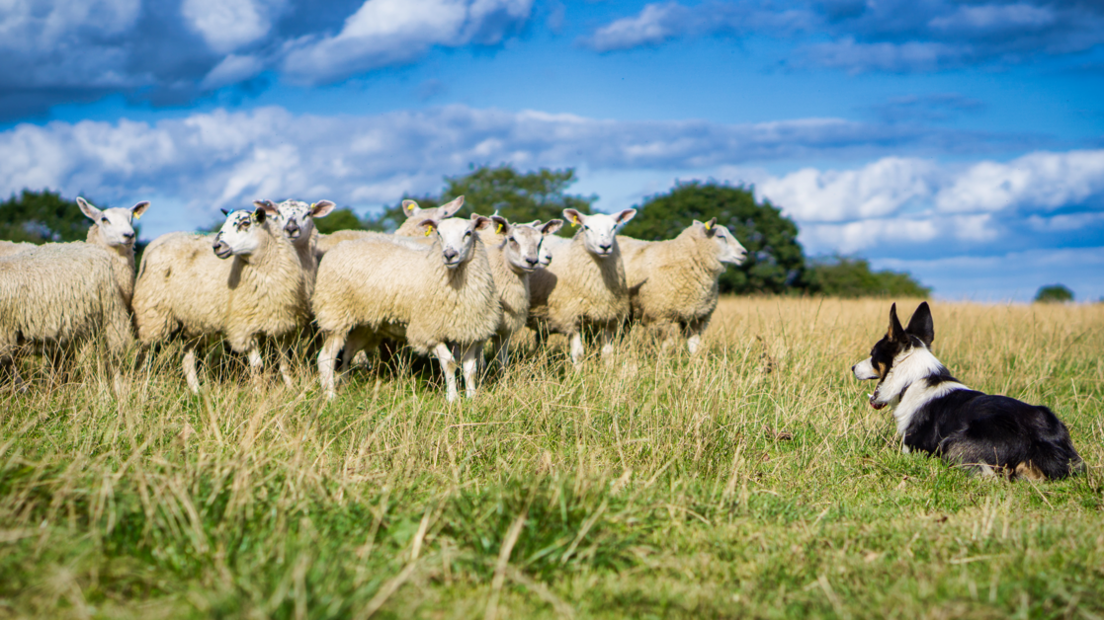
Sheep and other ruminants are among livestock badly affected by bluetongue
- Published
Livestock farmers in the South East are being warned to be extra vigilant over the risk of bluetongue.
The virus, carried by midges, affects cattle and sheep, causing tongue and mucous membrane lesions, problems with swallowing, lameness and stiffness.
The Department for Environment, Food and Rural Affairs (Defra) said over 4,000 cases had been recorded on the continent since May.
The risk of the virus reaching the South East increases during warmer weather, with infected midges being blown across the Channel.
Defra said the first ever cases of the latest strain of the virus, which has been labelled BTV-3, have been confirmed in France, Luxembourg and Denmark, while the strain has survived the winter in the Netherlands, Germany and Belgium.
Several outbreaks have been reported in Kent, and in May a case was confirmed in Surrey.
Farmers are being warned to do frequent checks on their livestock for symptoms, with free testing available for those in the highest risk counties of Kent, East Sussex, Essex, Suffolk and Norfolk.
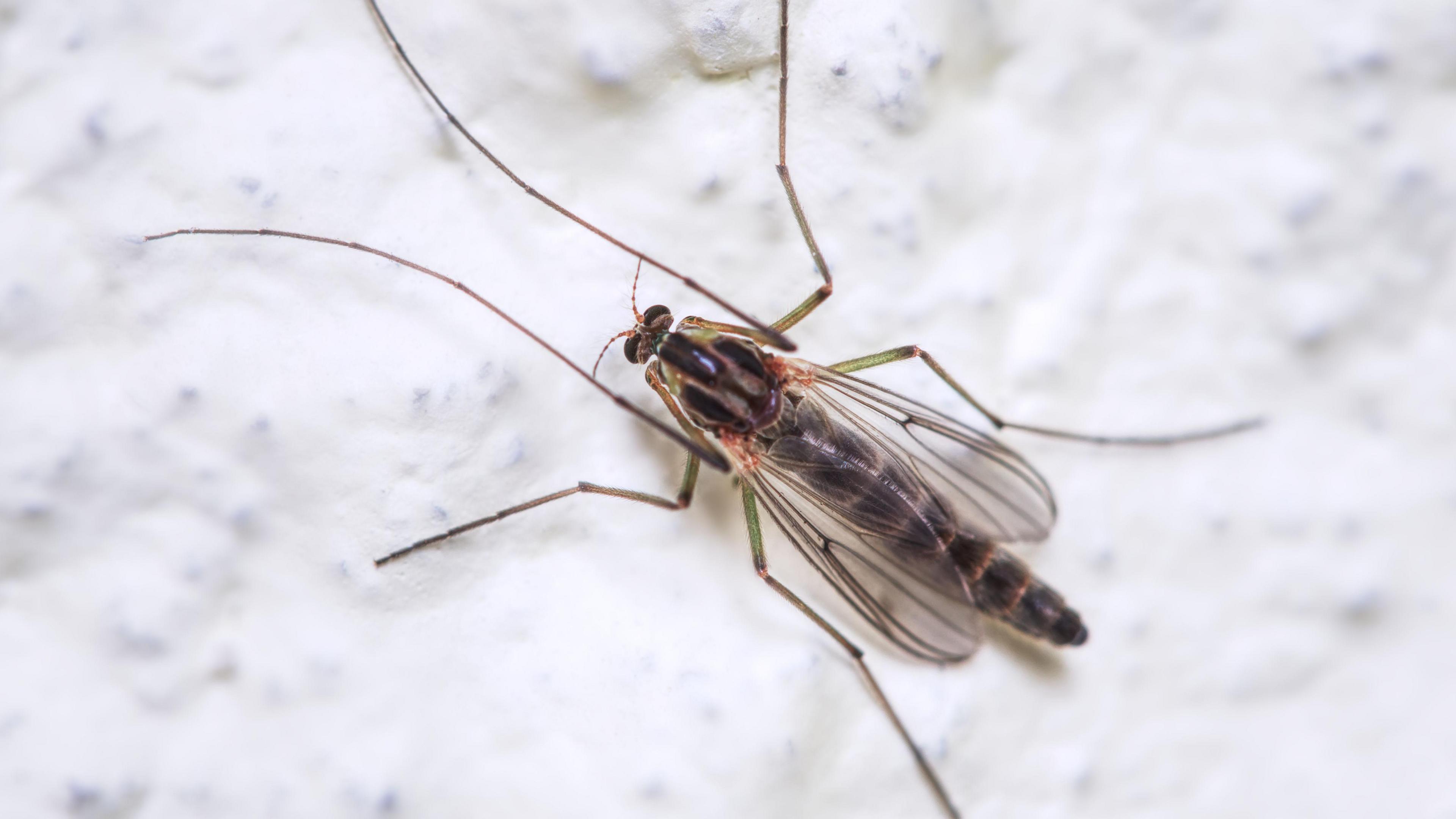
The bluetongue virus is spread by infected midges
Chief veterinary officer Christine Middlemiss said: “Outbreaks in Europe are on the rise and we must remain vigilant to the threat of disease spread. If you suspect disease in your animals please report.
“If you intend to move animals to live out of high-risk counties, including if you are buying in new animals, please take advantage of the free testing scheme to help stop the movement of non-clinical disease."
Bluetongue does not affect humans and meat and milk from infected animals is safe to consume.
The disease is notifiable and any suspect infections must be reported to the Animal and Plant Health Agency on 03000 200 301.
Follow BBC Kent on Facebook, external, on X, external, and on Instagram, external. Send your story ideas to southeasttoday@bbc.co.uk, external or WhatsApp us on 08081 002250.
Related topics
Related stories
- Published7 May 2024
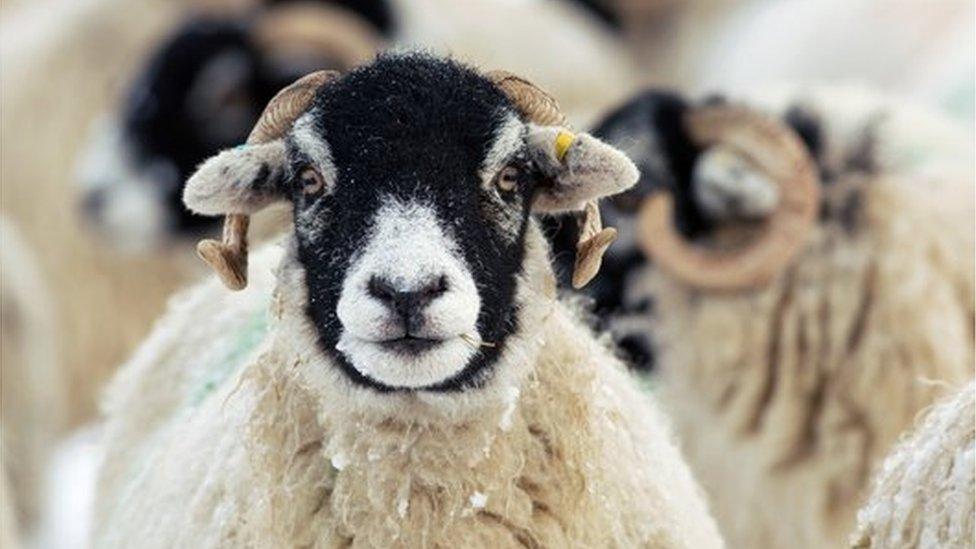
- Published16 May 2024
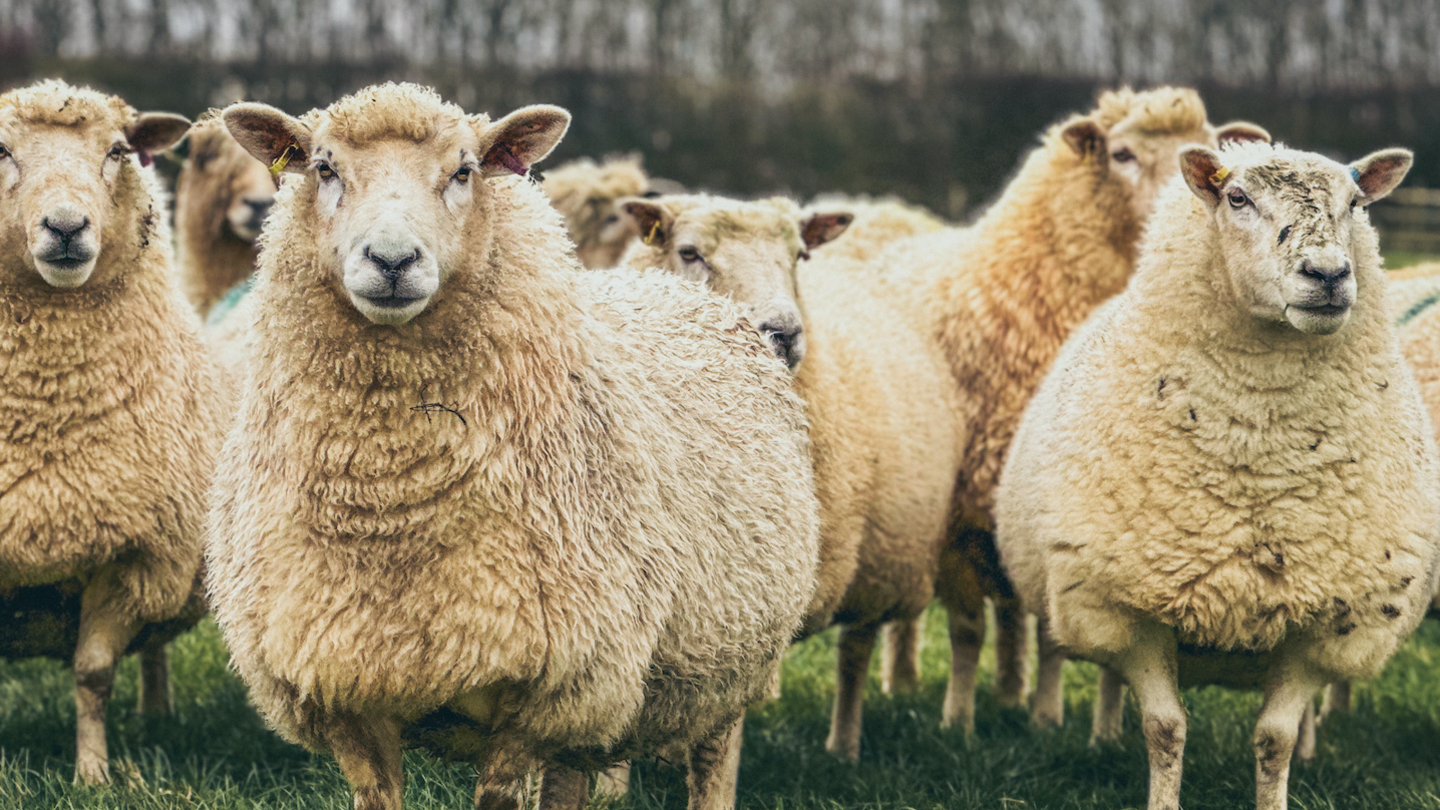
- Published18 January 2024
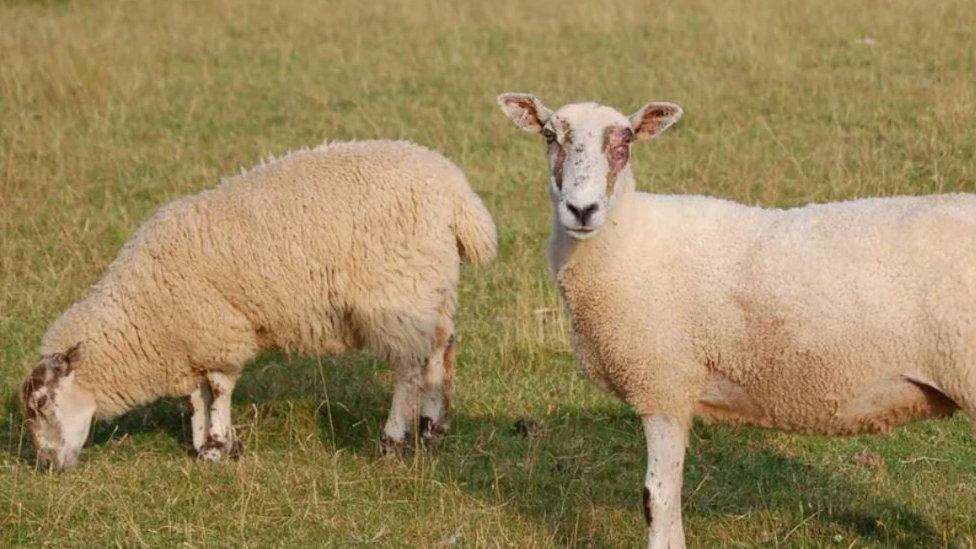
- Published19 February 2024
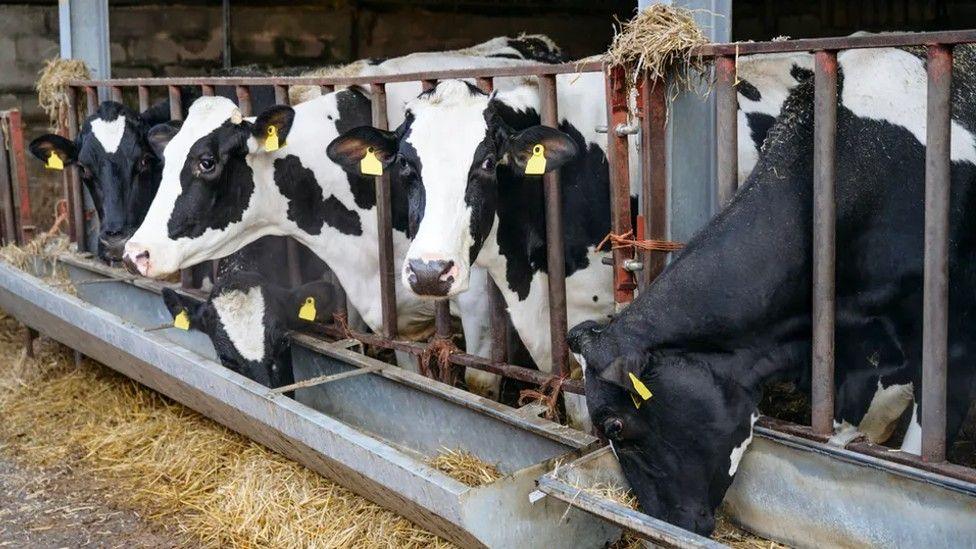
- Published28 November 2023
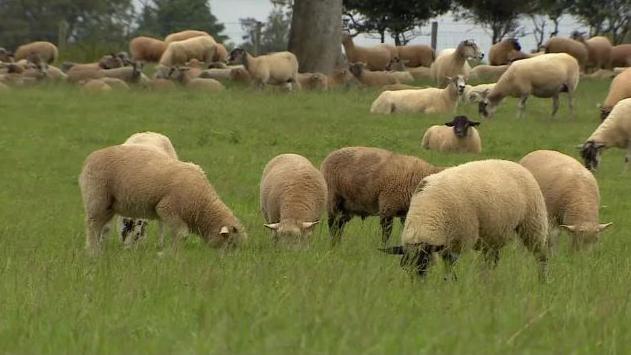
- Published21 December 2023
